
The meaning behind Juneteenth, and how it became a federal holiday
This year, Juneteenth will hold its second annual celebration as a federal holiday on Monday, June 19.
While the day has been celebrated for well over 100 years, it was only recognized as a federal holiday on June 17, 2021 by President Biden.
During the summer of 2020, the holiday began to garner more attention amid the national protests following the police killings of Black Americans such as George Floyd and Breonna Taylor.
In the wake of these protests, the push for federal recognition of the holiday gained traction, passing through Congress and the House, though in the latter it faced opposition from Republicans claiming that naming it "Juneteenth Independence Day" risked forcing Americans to choose a celebration of freedom based on their race.
Alongside making it a federal holiday came other legislation, such as in Minneapolis where officials banned the use of chokeholds and strangleholds by police, mandating the intervention and reporting of unauthorized force.
Within Congress, Democrats pushed for legislation targeting misconduct and racial discrimination from the police, being the most expansive intervention into policing proposed by lawmakers recently.
Additionally, former Minneapolis police officer Derek Chauvin was additionally found guilty of two counts of murder in the death of Floyd in April 2021.
Historically, the Emancipation Proclamation decreed an end to slavery two-and-a-half years prior to the first Juneteenth, it wouldn’t be until months after the end of the Civil War that it would be enacted in Southern states.
On June 19, 1865, Union general Gordon Granger arrived in Galveston, Texas, to enforce the Emancipation Proclamation and inform enslaved African Americans of their freedom and the end of the Civil War, two months after the surrender of Confederate general Robert E. Lee.
Before becoming a national holiday in 2021, Texas became the first state to recognize Juneteenth as a holiday in 1980.
Early celebrations of Juneteenth took the form of family gatherings and prayer. Later ones began to include annual pilgrimages to Galveston by those who had been enslaved, visiting with their families, according to Juneteenth.com.
CONTENIDO RELACIONADO
In 1872, a group of African American ministers and businessmen purchased 10 acres of land in Houston, Texas, and created Emancipation Park, to be able to hold the city's annual Juneteenth celebration.
Modern day celebrations are still hosted by families, though now some cities — such as Atlanta and Washington — host parades and festivals alongside the more traditional form.
In Philadelphia, Juneteenth was officially recognized as a holiday in 2020, though the city had been holding celebrations for years prior to the decision.
Despite the COVID-19 pandemic leading to subdued celebrations in 2020 and 2021, cities have been preparing to host them again this year, with Galveston taking center stage.
These include the dedication of a 5,000 square foot mural in 2021, to this year where the city plans to host a banquet, a scholarship ball, and a festival.
In Atlanta, a parade and music festival are planned in the Centennial Olympic Park, with other events occurring in Brooklyn, Los Angeles, Tulsa, and Philadelphia.
More information on Juneteenth-related festivities and events taking place in Philadelphia this year can be found here.



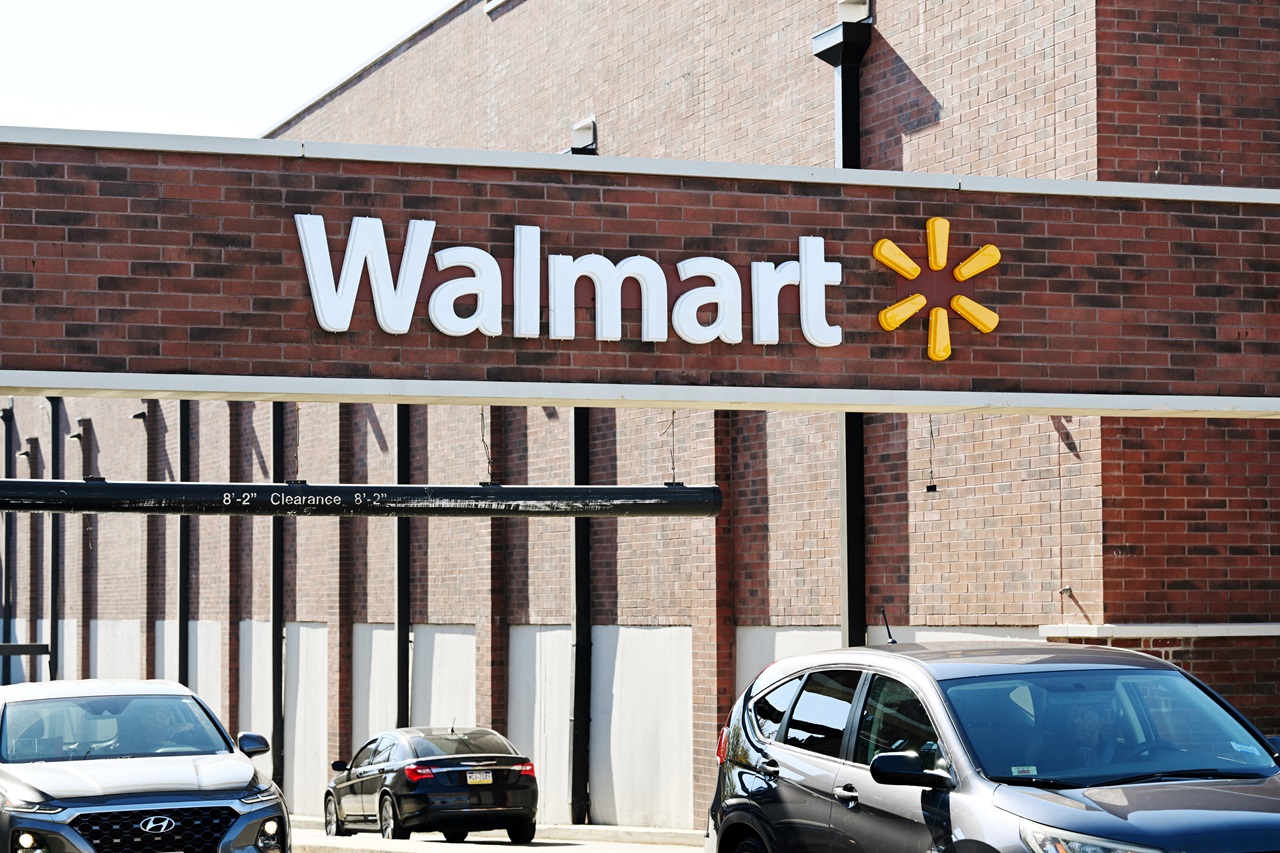
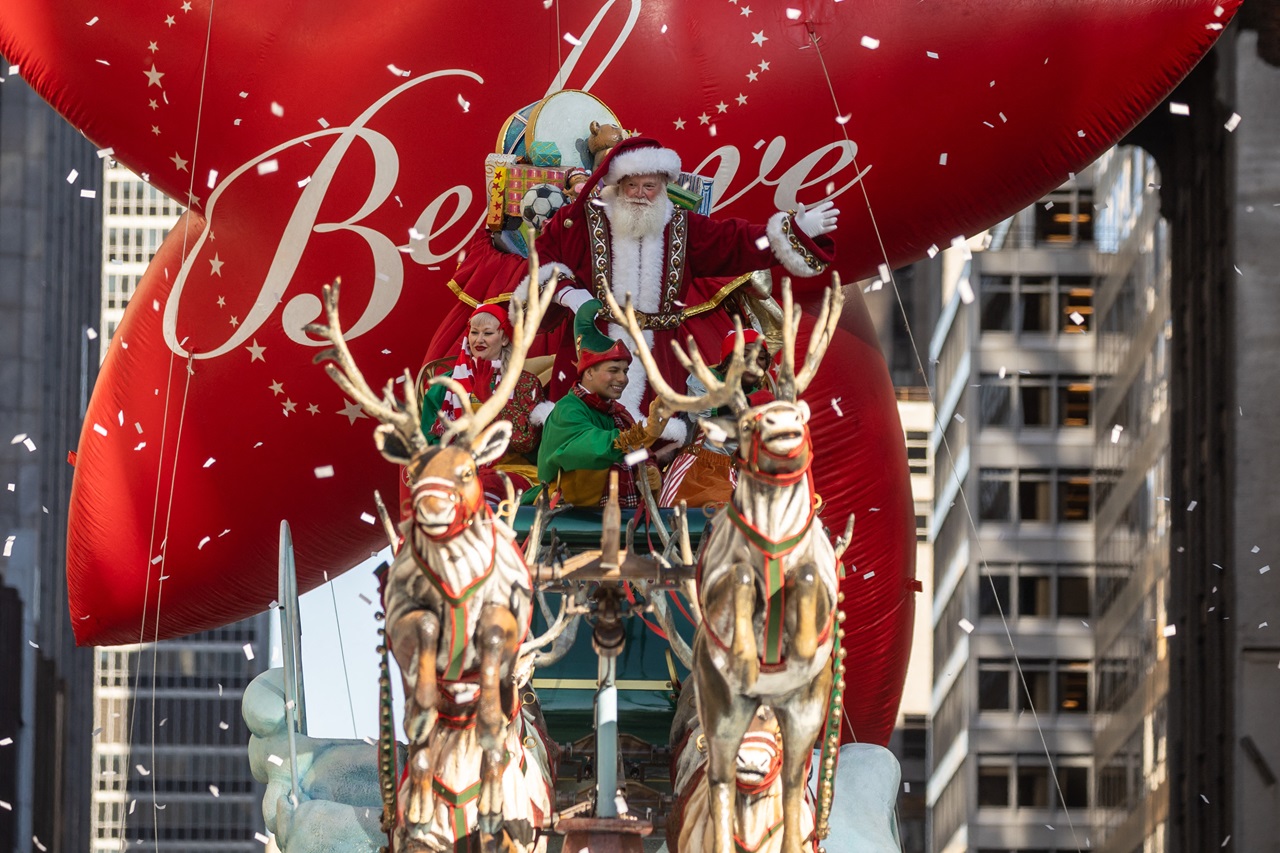

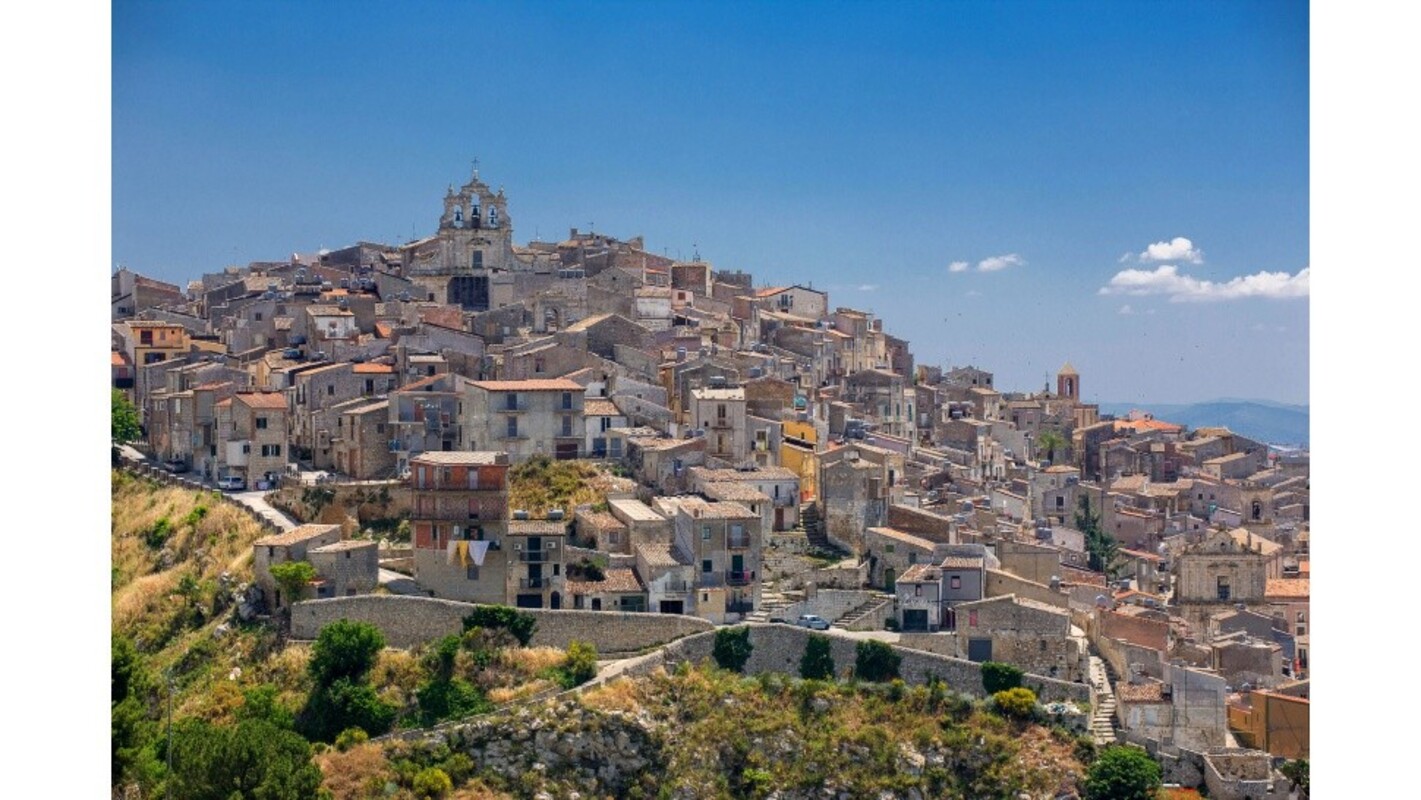

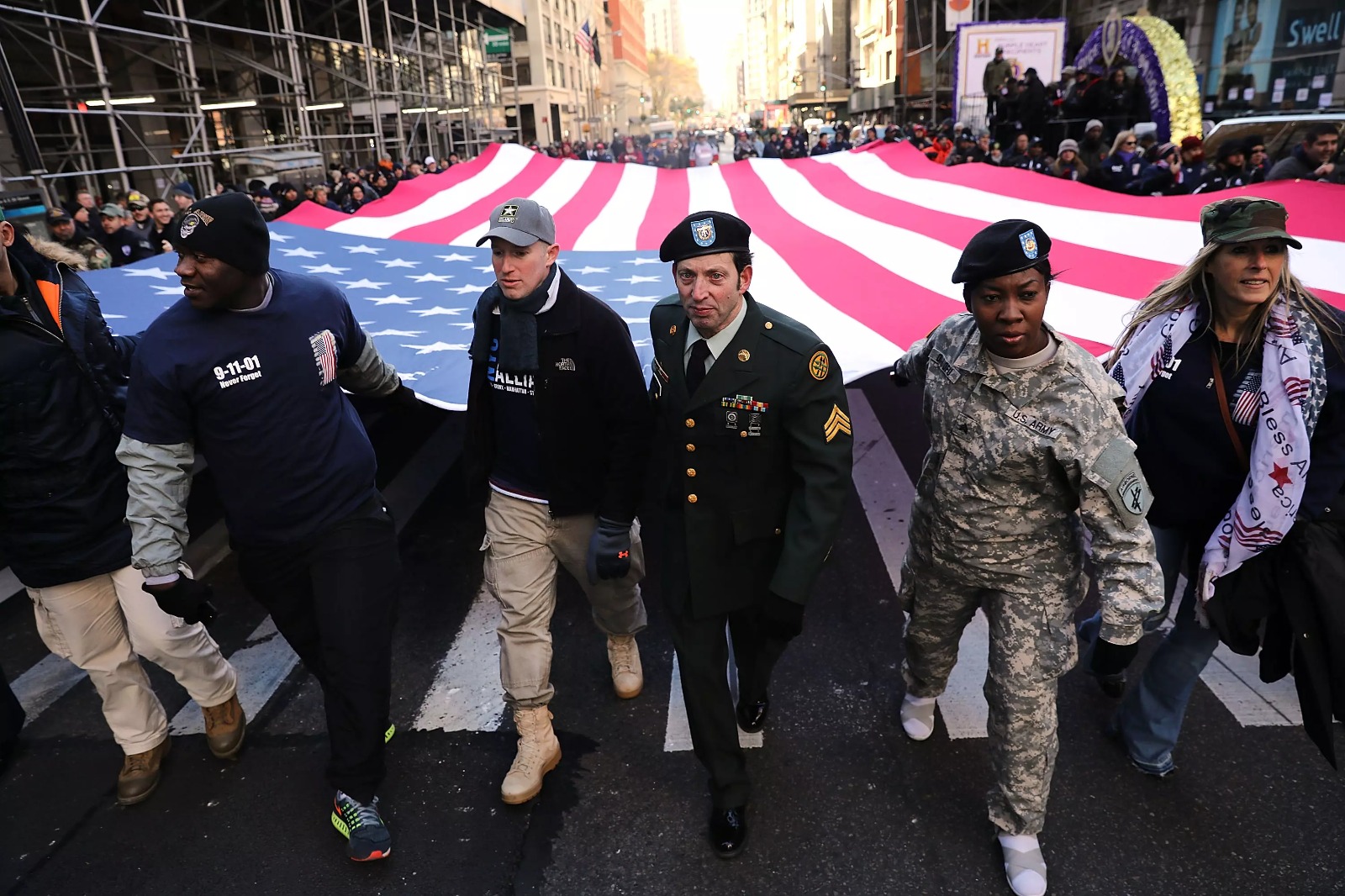
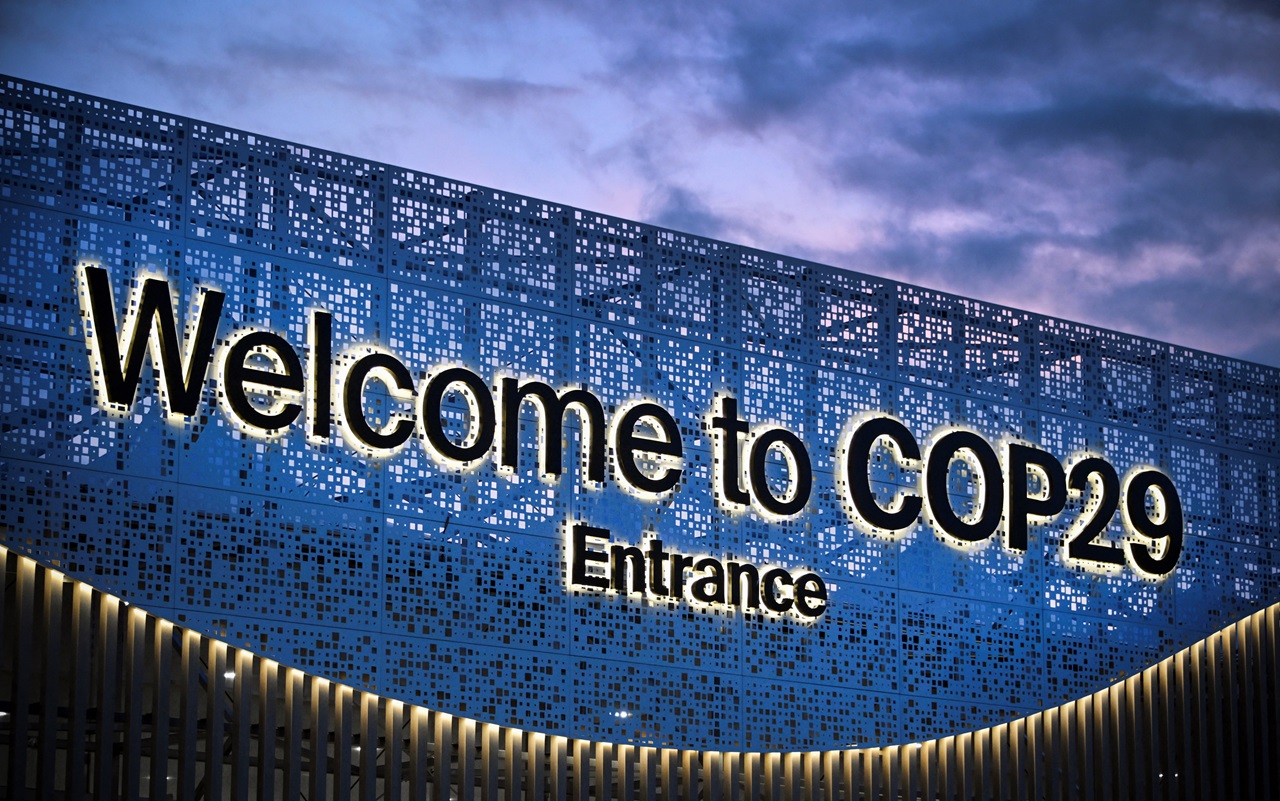
DEJE UN COMENTARIO:
¡Únete a la discusión! Deja un comentario.